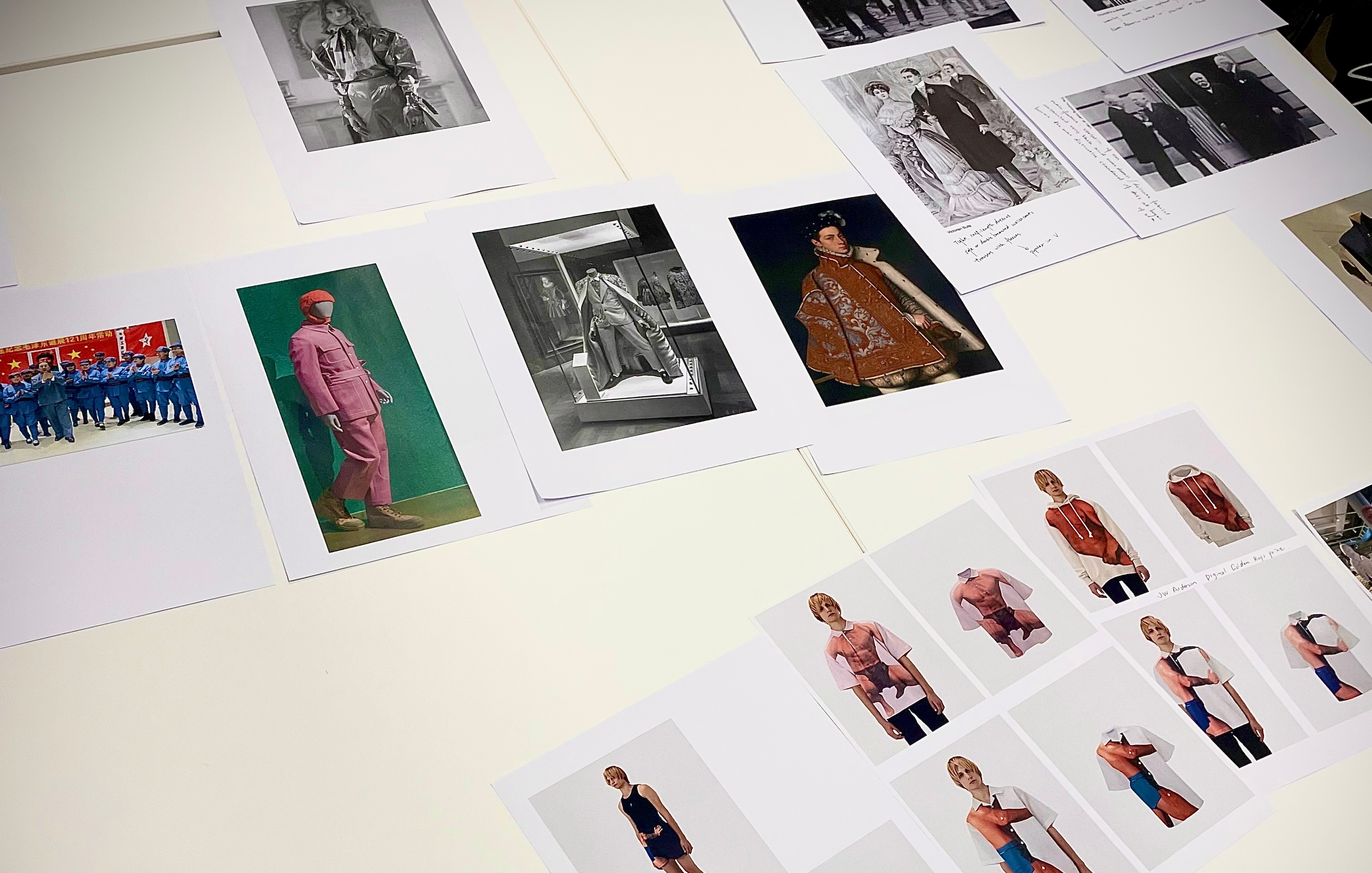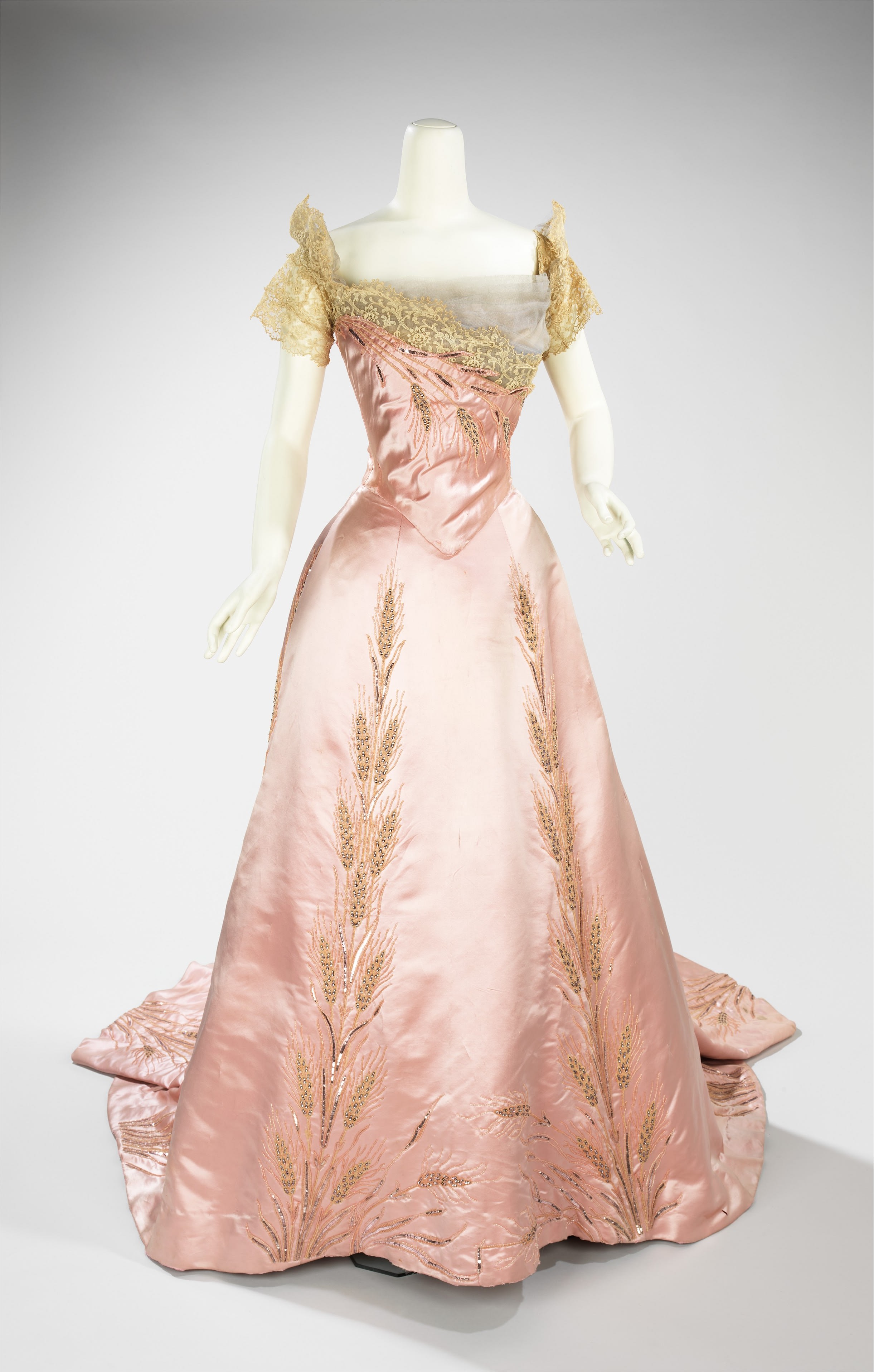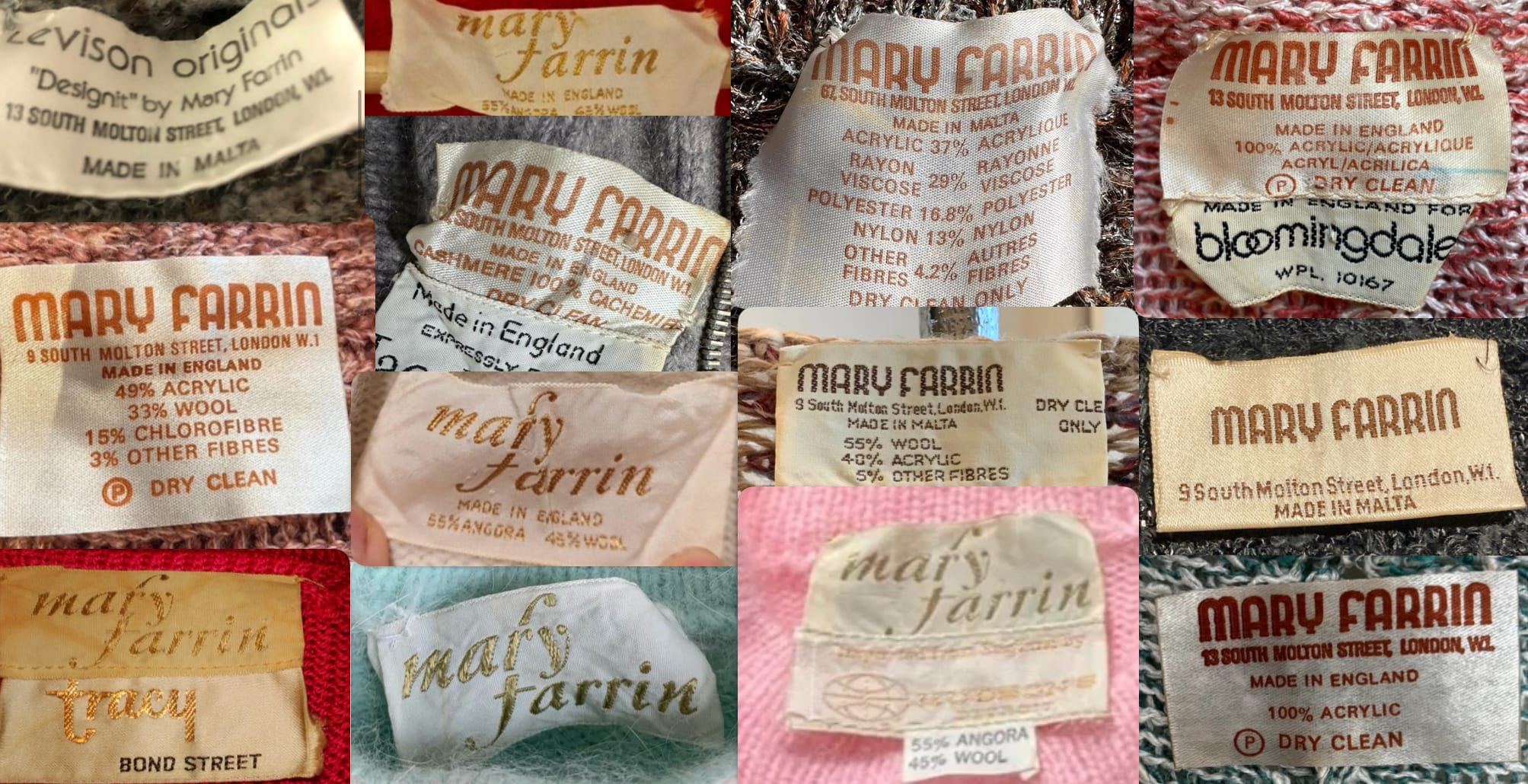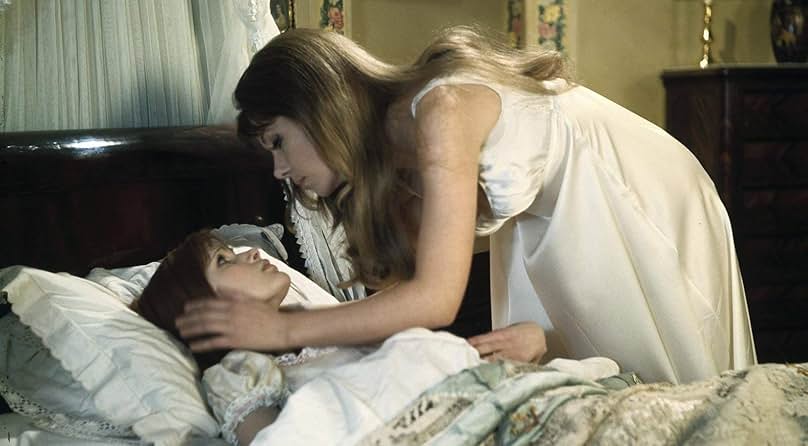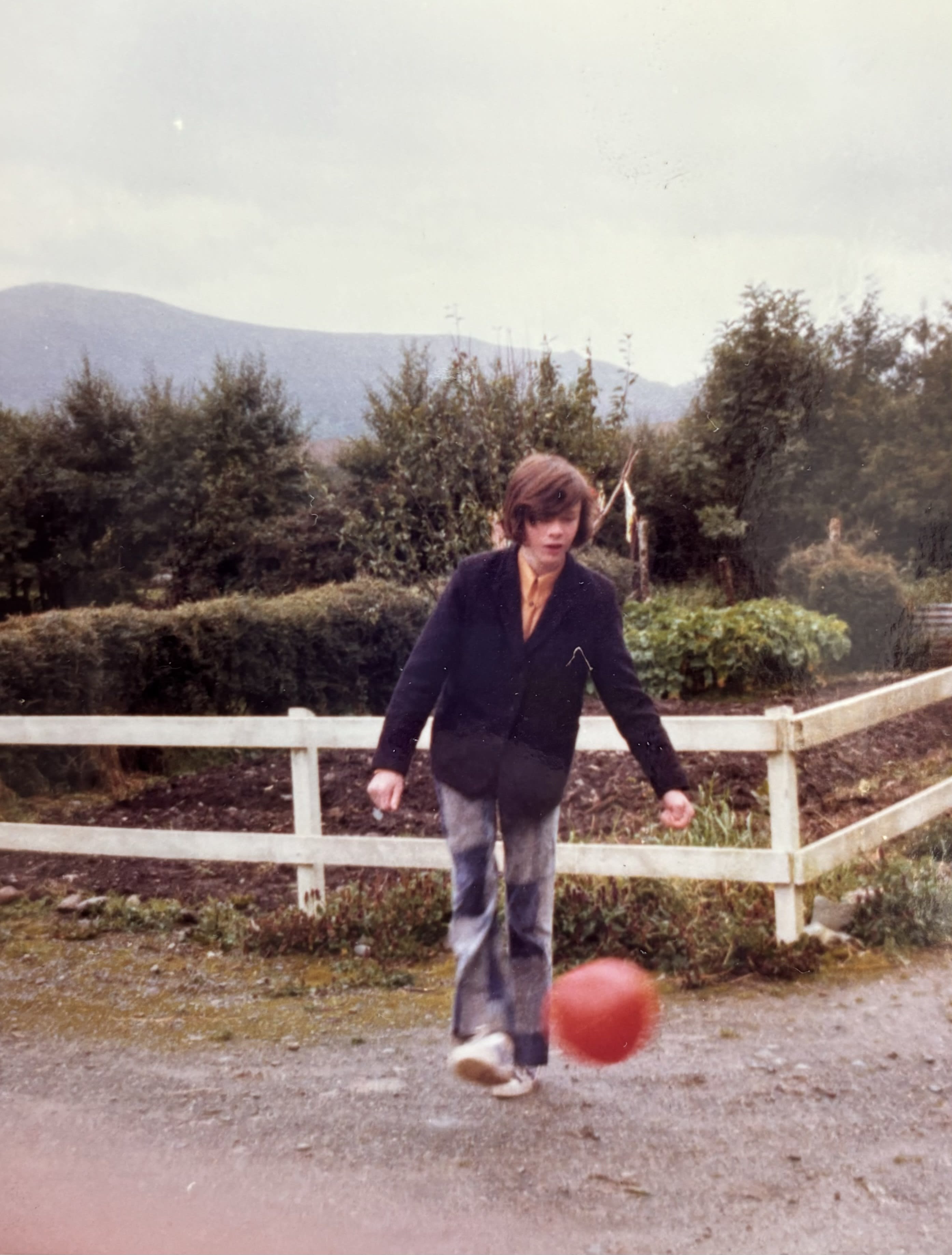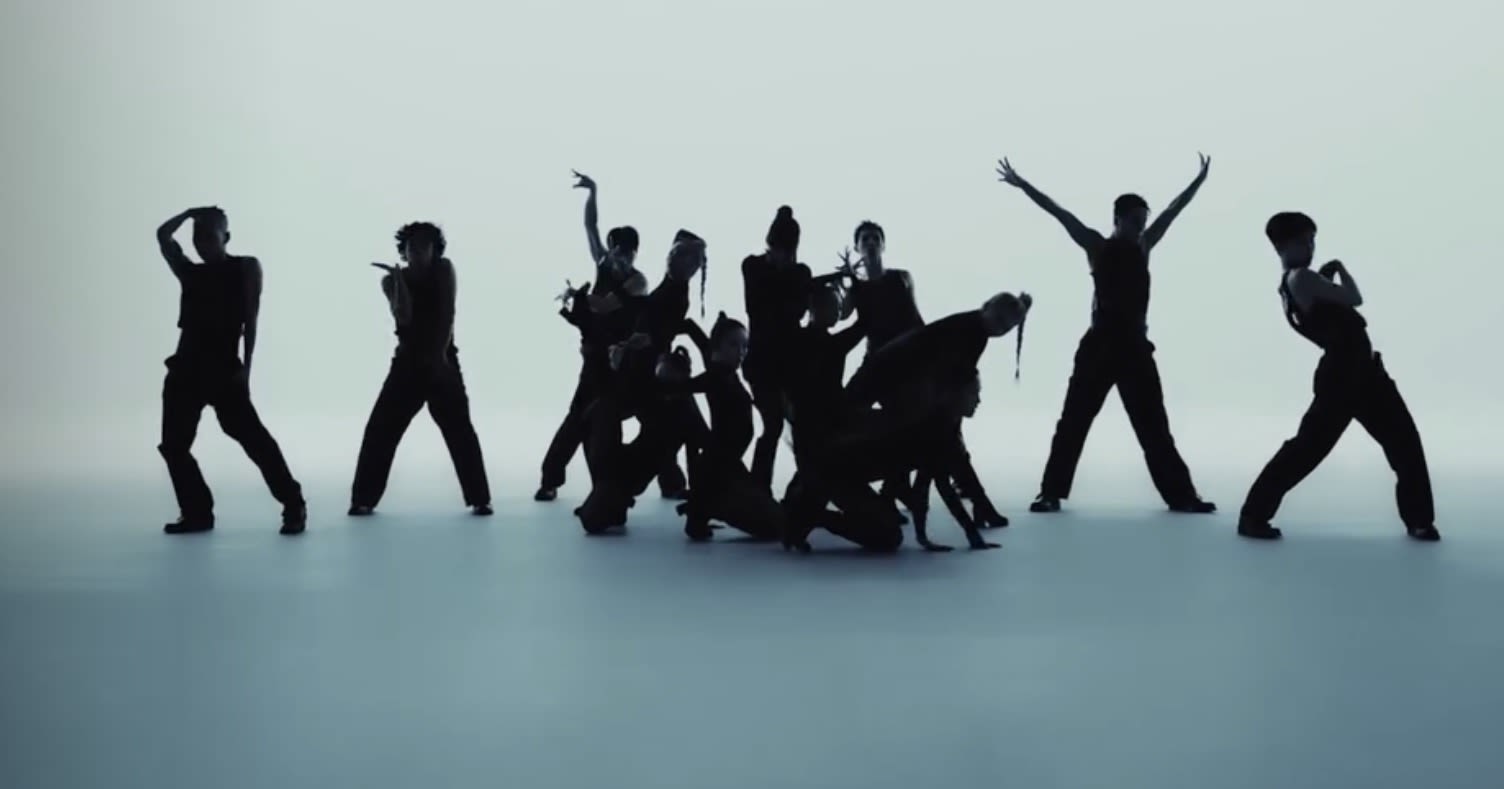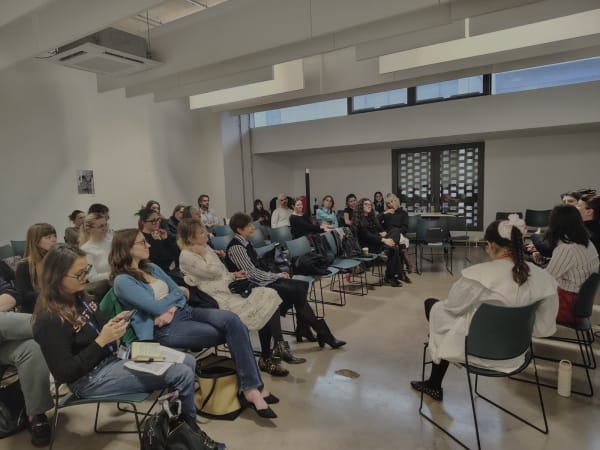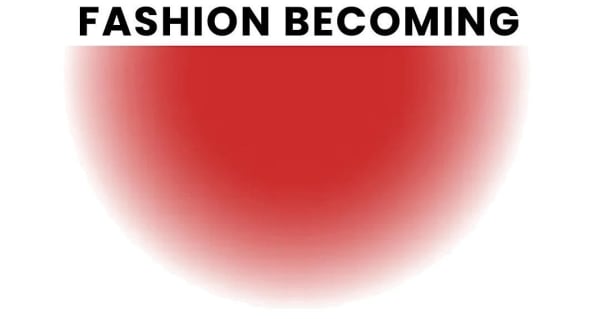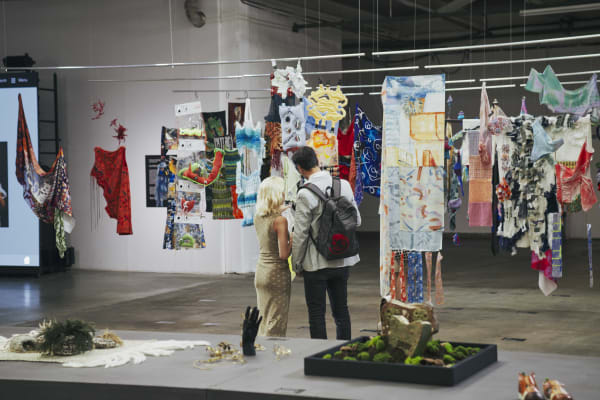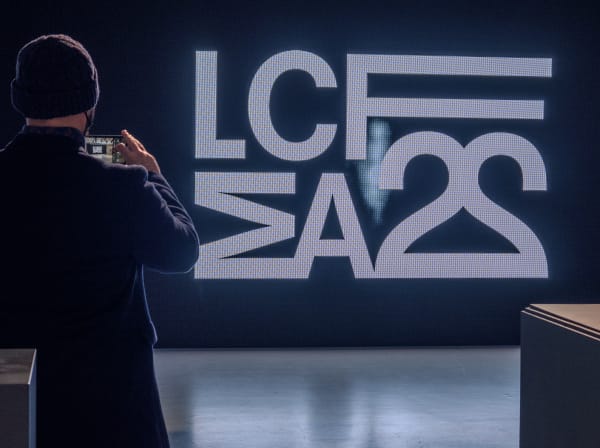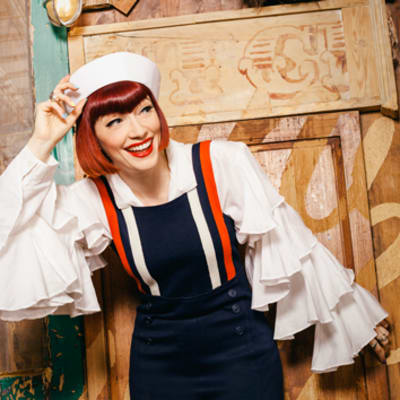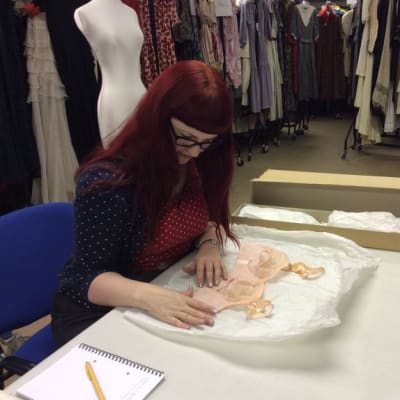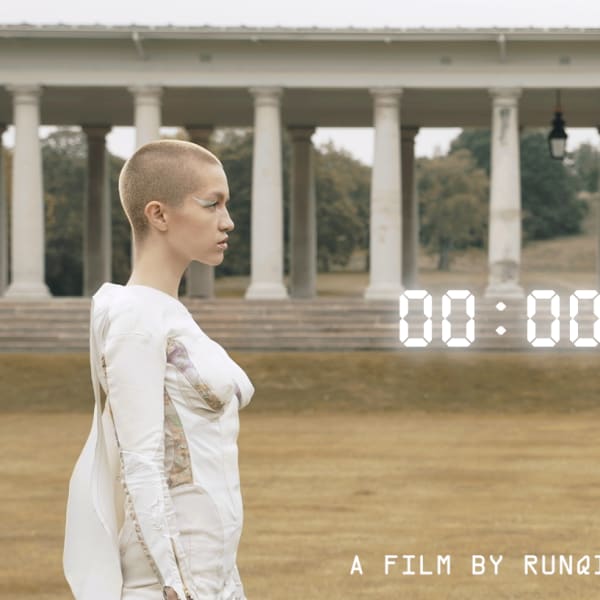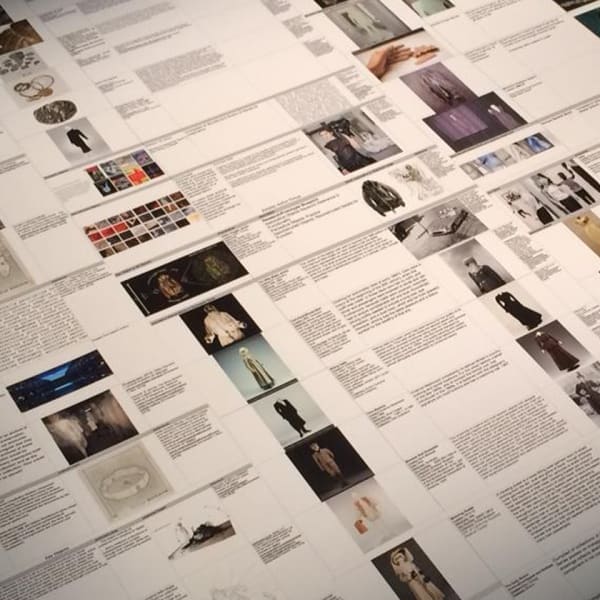Learning and teaching methods
Alongside more traditional methods, such as lectures, seminars, workshops, field trips, and group and individual tutorials, the course cultivates the following set of teaching and learning strategies.
Enquiry-based learning
A core aspect of each unit is embedded activities that cultivate student-led enquiry into the areas under study. Each unit encourages students to ask questions and invites them to investigate individual areas of interest, care, concern and/or passion. This includes, but is not limited to, strategies such as provocations that students are invited to independently research in preparation for class. Methods-based research including that of textual, material, visual and experiential modes of enquiry that enable students to further develop upon themes of lectures, seminars and set readings. This strategy engages the agency students have to shape the focus of their learning, which is otherwise primarily evident in their ability to research a topic of their choosing in each of their assessments.
Collaboration
In Block 1 key unit on this course Research in Practice provides students rich opportunities to develop skills of collaboration within and external to their own cohort in response to live briefs and critical debates. In Block 2 students are invited to build upon these abilities in their individual selection of Elective Units. As collaboration is a core principle of this course, students will also be encouraged to initiate self-directed collaborative projects, such as public-facing events (talks, screenings, roundtables) to which prospective students, industry contacts, other MA cohorts within UAL, and alumni will be invited; and to organise and participate in enhancement activities, such as class trips and outings or extracurricular research activities.
Knowledge Exchange
A central component to this course is its participation in urgent debates and discussions that frame and inform both the fashion industry and the field of fashion studies. On this course students work closely with researchers and cultural partners, creating persuasive responses to live briefs and initiating independent projects. Through theoretical and practical approaches, students participate, engage and intervene imaginatively, creatively and critically with the fashion industry, and the wider cultural sector. They learn how to generate new thinking about fashion through innovative research and how to communicate ideas across professional and academic contexts.
Peer-to-Peer Learning and Feedback
Peer-to-peer learning and feedback connects to two of the five core principles of the course, community and criticality. Developing the skill of offering collegial and constructive criticism is key for a career in academia, one of the industries our graduates enter. This is embedded in the course, as students present their ideas in class and read and critique each other’s work as part of the ongoing formative feedback generated across Blocks 1 and 2.
Expert Talks
Experts from the fashion industry and leading scholars from across UAL and other HEI’s are regularly invited to share their expertise with the students in an array of forms, including guest lectures, panels and workshops. These talks are embedded in the curriculum, complementing and extending the core delivery. Students are encouraged to respond in the classroom as well as in their own scholarly practice, and to nominate scholars and practitioners who they wish to invite to speak to the cohort.
